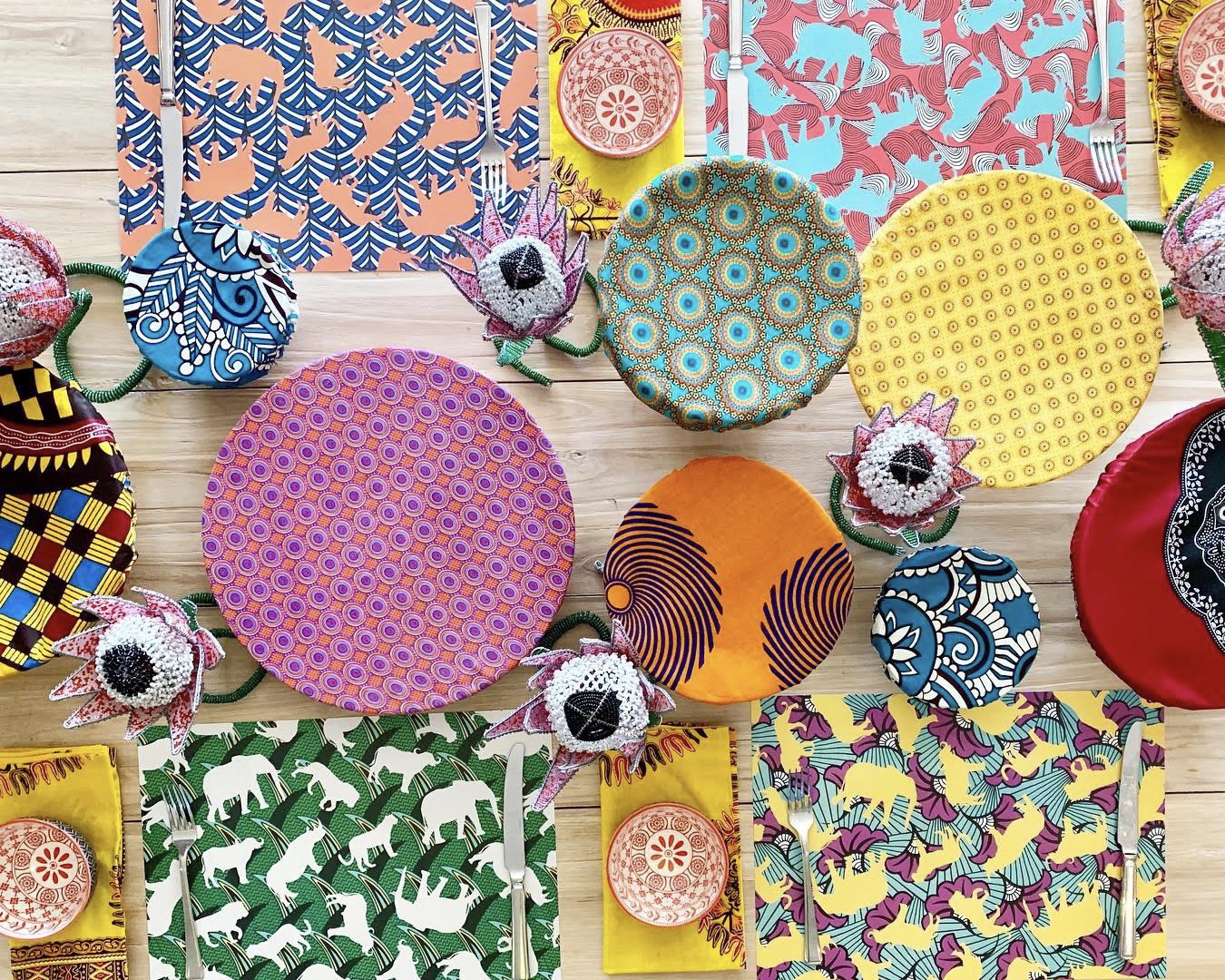
The Mushekwa village is a short boat ride from our lodge. We sit side by side (with it on our left, if you’re looking at the river, not from it). To our right is Muluka, the fishing village. We’re far away enough from both to allow for the serenity of solitude and close enough to create the connection that comes with time. With years of working together, laughing, building, eating and celebrating together.
With each visit to Mushekwa, the walls fall. We see deeper and deeper into the truth of each person, we learn and we teach, we understand the things said and not said. Over the years, we’ve been able to work together, more and more, and to help each other grow. It’s a relationship that goes both ways. As Desmond Tutu put it, “My humanity is bound up in yours, for we can only be human together.”

We’ve seen the village vegetable gardens go through every which phase, each family in the village’s own plot rising, falling, rising. We’ve seen the traditional and practical knowledge of gardening on the Zambezi riverbank change hands from old to young, from how to keep out elephants and cattle to the medicinal usage of different plants and the local and English names of edibles. It’s knowledge that the villagers still turn to first, before clinics or grocery stores, that successfully works for them.


We continue to sell our friends in the village seeds for them to plant, grow and sell back to us for a profit. Their produce, the fruits of their labour, their days and nights, find new life in our lodge kitchen, on guests’ plates. Because we are Zambian; it makes no sense and it does no good to serve guests flavours or ingredients from other lands. And because, here, everything is connected. As it should be. It’s the circle and it’s how we keep growing, it’s how our village grows stronger.
Even the worst flood in ten years didn’t get in the way of our farmers; they were right back at the soil, turning the earth with bare hands.

In the same way, the women’s craft centre built by the villagers has grown, the creations diversified and multiplied. With each visit, guests learn from the ways of our people and get to give back by purchasing some of the wooden, cloth or beaded arts and crafts. The money is shared, it goes to the community, rather than an individual, Edith, an elder in Mushekwa, says. “Because we are one.”

It gets us every time… “Because we are one.” Because the concept is so different to the West. To cities. And yet so much less destructive. So much more inclusive. There is no crime, no violence here in Mushekwa. There are families of all ages, living, loving, working and thriving together.
With the money made from these projects, more of the local children get to attend school, including the Royal Chundu Foundation School. It’s likely some of these children will grow up and leave the village, but what we’ve seen is that the values remain. The concepts of togetherness, of community, of living at peace with nature. Concepts we mirror on our side of the riverbank.
Having our guests experience this for themselves, seeing and feeling and understanding the other ways people live in this world, and taking that home with them… that’s what it’s all about. That’s what lasts.




















